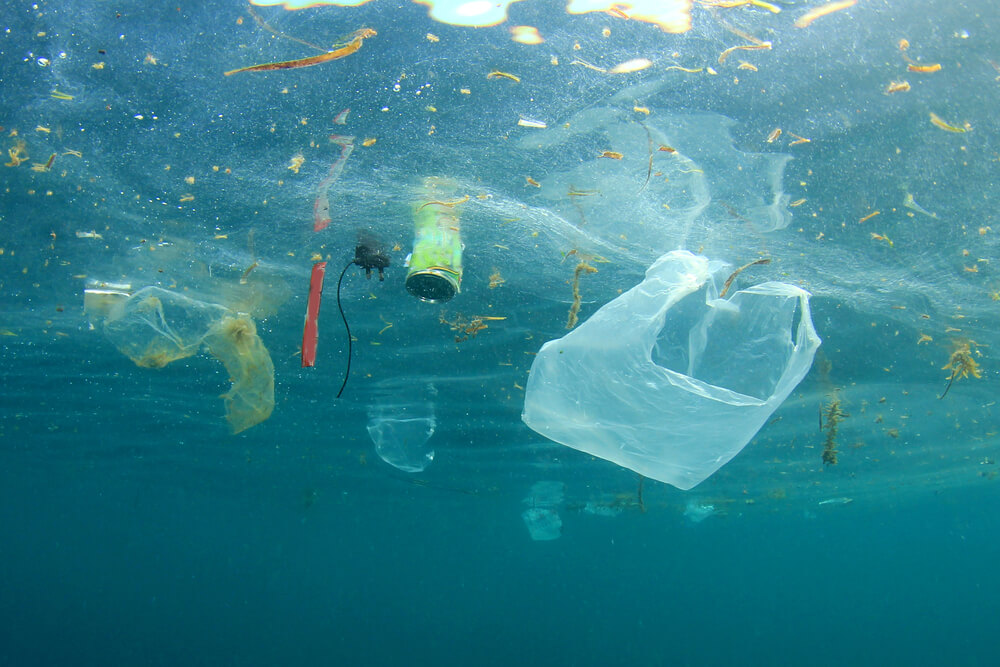Interview with Alberto Bellini, Project Coordinator for eCircular

The Climate KIC community comprises a rich diversity of expertise, skills and perspectives across our alumni, start-ups, innovation partners, advisors and associates, all of whom, contribute to our innovation capacity. This week, we speak to Alberto Bellini, Project Coordinator, eCircular, the Climate KIC project which is working towards a de-materialised circular economy with a focus on the prevention of plastic waste.
What is your role?
I am an Associate Professor of Energy Conversion at the University of Bologna (Department of Electrical Energy Engineering and Information) and Project Coordinator for eCircular, an Climate KIC project working towards a de-materialised circular economy.
What are you working on with Climate KIC?
eCircular has a focus on the prevention of plastic waste. Its mission is to transform the plastics market by introducing new manufacturing technologies, new solutions and social awareness, using digital technologies and policies as levers of change.
Plastics are ubiquitous in our society, but are often “downcycled”, meaning they are incinerated or even landfilled after their use. In fact, plastics recycling rates are still relatively low at between 9 to 30 per cent globally.
As a result, the complex value chain of plastics will have to be changed in significant ways, which will require major efforts by key decision makers, manufacturers and recycling companies as well as consumers.
The lack of resource efficiency results in huge economic losses and in adverse environmental impacts. Plastics are not biodegradable and the material that is not separately collected or re-used is dispersed into the environment.
The most prominent among these impacts is the increasing amount of plastic now found in our oceans. This has disastrous consequences for marine ecosystems, especially with respect to the loss of birds, fish and other wildlife. By mid-century, it is estimated that the ocean could have more plastic than fish by weight.
Many governments, companies and citizens and are actively working to address this issue, and eCircular aims at connecting the activity of all the components of the knowledge triangle, supporting pilot projects and providing evidence-based information and insights.
What are three implications of this work?
Two key objectives are to transform the plastic market, promoting resource efficiency, defining new industry standards and regulations for digital technologies, plastic material classification and addressing procurement to promote circularity and reduce the fragmentation that prevents a common market for second life products.
The climate impact is huge since materials for manufacturing and construction use are estimated as 10-14 per cent of emissions EU wide.
What or who gives you hope or inspiration in the fight against climate change?
Mankind has always successfully tackled major challenges. Awareness of climate change impacts and material scarcity is rising. The pictures of ’plastic island‘ are a strong warning, and they can be a lever to show all of the ’iceberg‘ hidden beyond fossil fuel use and production, and beyond exploitation of natural resources.
Infinite growing is a myth that has pervaded western country policies for about one century. We are now moving to a new paradigm: natural systems are circular by definition, so too, must human activity be circular.
You can read more about Climate KIC’s Sustainable Production Systems theme and eCircular flagship here.
Alberto Bellini is an Associate Professor of Energy Conversion at the University of Bologna. He acts as Project Coordinator for the Climate KIC initiative eCircular that is working to catalyse a switch to a circular economy through plastic waste prevention.

